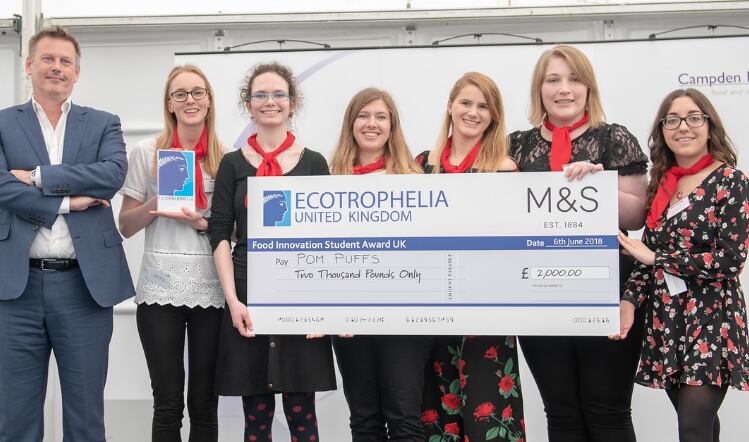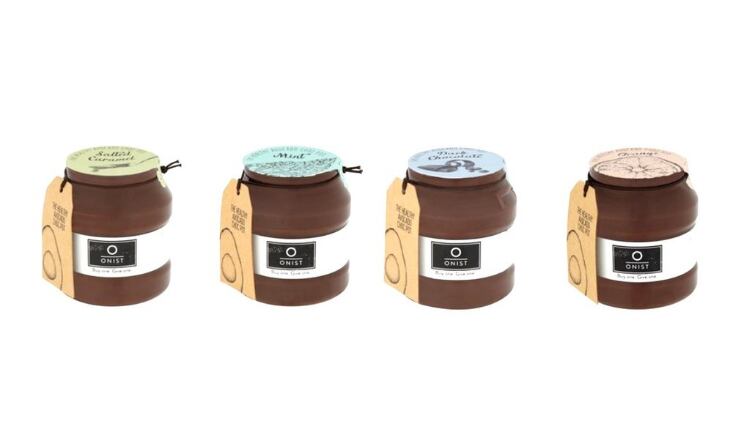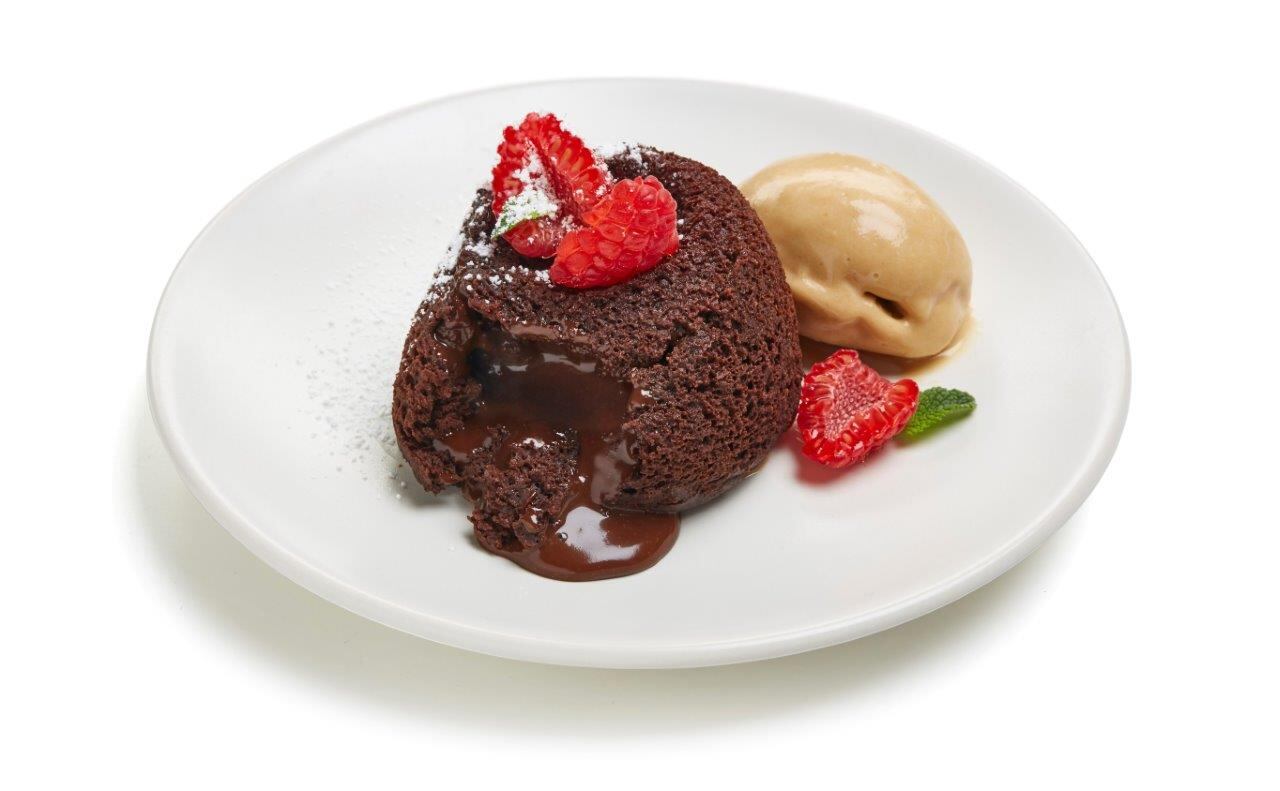The retreat from meat is a trend set to dominate 2019. Market research firm Mintel has reported UK sales of meat-free foods, including vegan products, rose to an estimated £740m last year, up 22% since 2013. But responding to this trend will require robust food management and compliance systems.
The UK Food Safety Act 1990 (sections 14 and 15) forbids false or misleading labelling, so if animal traces are present in a meat-free product and it is labelled incorrectly, the product is not of the nature or substance demanded.
Legislative breaches
Last year, the media reported on legislative breaches, with laboratory analysis picking up turkey traces in a vegan macaroni ready meal and pork in meat-free meatballs, for example.
The Vegan Society offers a trademark for meat-free products, checks product applications against strict criteria before registration and assesses potential inclusion of animal ingredients, including those not present in final products.
There are site audits for products that have high risks of cross-contamination with animal ingredients, and products are reviewed annually to keep information accurate and current. An international consolidated vegan/vegetarian certification scheme could also be in the offing.
Regulatory guidance
Yet, without additional regulatory guidance on what reasonably constitutes ‘meat-free’, inconsistent enforcement is a risk. During the horsemeat scandal, a working level of 1% undeclared meat was used for deciding intentionally-added or gross contamination.
While vegan and vegetarian foods should be prepared separately from meat dishes, if this option is unavailable, there are reasonable good manufacturing practice steps to prevent cross-contamination, including separate equipment, work surfaces and utensils for foods prepared free from meat, and cleaning equipment and utensils before each use.




